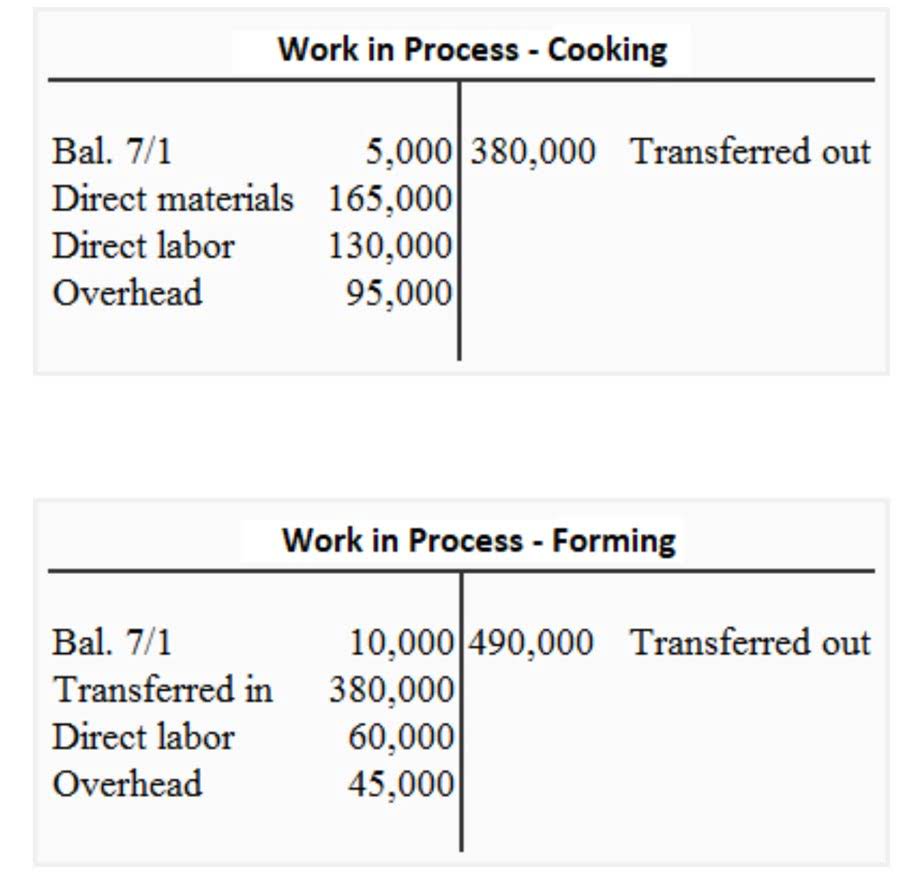
You’ve likely created a budget for your household before, in which you predicted your income for the year and allocated it to ensure you could cover all of your expenses. Church operating budgets work very similarly, except that they detail an entire organization’s predicted revenue and expenses. As a church leader, your top priority is furthering your church’s mission and ministry. These practices enhance financial health, build trust, and support mission success. A culture of Bookkeeping for Startups stewardship ensures sustainability and growth, helping churches navigate financial complexities confidently. Outsourcing offers professional expertise cost-effectively for smaller congregations.

Work With a Dedicated Church Accountant
- Keep things simple and straightforward, explaining what you did step by step, but skipping the fluff.
- When you have up-to-date knowledge of your finances, you don’t have to settle for vague or haphazard benchmarks.
- In general, businesses use accounting to maximize their profits, while churches aren’t legally allowed to turn a profit.
- A detailed listing is made of each step taken to complete the process.
- Consulting with an accountant can help you determine the most suitable approach for your ministry’s needs.
- If this next year involves using new tools or techniques, consider lowering your goal until you’ve tried and tested these new strategies.
The ten principles listed above are just a part of the GAAP framework. However, they are the central guiding elements from which the rest of the standards and requirements derive. They provide a clear, easy-to-follow path that accountants can use as they manage money, make financial decisions, and report related data on a regular basis. This makes it easier to provide transparent financial reporting. Financial consultants can also make assumptions based on those reports, and analysts can compare and contrast financial activity from one organization to the next. This is true regardless of whether this takes place in a building with a warehouse or one with a sanctuary.

Bookkeeping for Churches: How to Balance Faith and Finances
Some of these are basic regulations and rules (many of which change on a regular basis), like filling out W-2s for employees and 1099s for contractors. Others are actually positive tax benefits that are easy to miss. In 2023, for example, the Employee Retention Tax Credit (ERTC) gave churches a pandemic-related employee tax credit that they could claim — if they knew about it. Having an accountant or financial consultant you can trust makes it easier to take advantage of these incentives. While we’ll cover taxes in detail in a bit, there are clear benefits as it relates to reporting to Uncle Sam when it comes to accounting in churches.
- No matter the size of the church, churches must file within IRS guidelines to ensure compliance and the financial integrity of their ministry.
- This brings a sense of structure and health to your finances and ensures that everything remains honest, transparent, and moving in the right direction.
- This helps you decide if your church is operating in a surplus (where revenues exceed expenses) or has a deficit (where expenses exceed revenues) within a specific reporting period.
- Different levels of access and permissions can be set for each user so sensitive financial data is protected.
- When selecting church accounting software, there are several key factors to consider.
Manage designated and restricted funds well using fund accounting
From accounting methods to tax incentives to simply understanding where all of your church’s income is coming from, it’s important to address the accounting aspect of your ministry. This brings a sense of structure church accounting and health to your finances and ensures that everything remains honest, transparent, and moving in the right direction. Each church must decide what kind of financial reporting it can and should be producing. Some options, like an annual report, can help maintain financial transparency. A statement of financial position (i.e., a list of assets and liabilities from each fund) is also helpful in this area.

Expenses

Clarify and simplify navigating your general ledger, payables, receivables, bank reconciliations, payroll, and core financial reporting. Increase stewardship as good accounting helps you maximize your resources for the bookkeeping work of the ministry. Whether you are new or experienced, there is always something to learn about church accounting because regulations shift, technology advances, and changes happen in the church. We would consider it a privilege to serve you with whatever administrative and compliance needs you may have. Our goal is to provide you with a professional, knowledgeable staff that makes stressful tasks routine as well as supplying a consistent resource for you on an ongoing basis.

